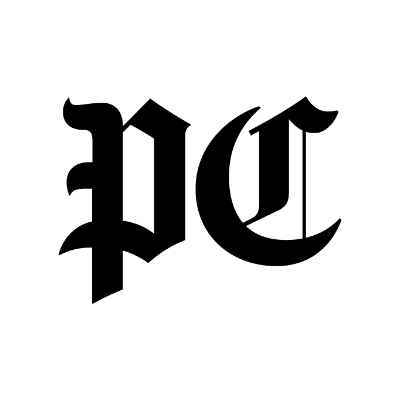 Post and Courier Article Rating
Post and Courier Article RatingDespite Constitutional concerns, Senate panel greenlights do-over of private school voucher bill
- Bias Rating
- Reliability
60% ReliableAverage
- Policy Leaning
10% Center
- Politician Portrayal
N/A
Continue For Free
Create your free account to see the in-depth bias analytics and more.
By creating an account, you agree to our Terms and Privacy Policy, and subscribe to email updates.
Bias Score Analysis
The A.I. bias rating includes policy and politician portrayal leanings based on the author’s tone found in the article using machine learning. Bias scores are on a scale of -100% to 100% with higher negative scores being more liberal and higher positive scores being more conservative, and 0% being neutral.
Sentiments
9% Positive
- Liberal
- Conservative
| Sentence | Sentiment | Bias |
|---|---|---|
Unlock this feature by upgrading to the Pro plan. | ||
Reliability Score Analysis
Policy Leaning Analysis
Politician Portrayal Analysis
Bias Meter
Extremely
Liberal
Very
Liberal
Moderately
Liberal
Somewhat Liberal
Center
Somewhat Conservative
Moderately
Conservative
Very
Conservative
Extremely
Conservative
-100%
Liberal
100%
Conservative

Contributing sentiments towards policy:
51% : And when students leave the public school system, state education spending obligations from the general fund would also be transferred to the state lottery, Hembree argued, essentially giving the plan a net zero impact on the state budget.50% : The difference this time is that the program will be funded not by way of existing avenues, but through the South Carolina state lottery system, which already finances scholarships for higher education.
48% : "Let's be clear: The SC Tuition Grants program, aiding private college students, would not exist if the state constitution had not been amended in 1973," Oran Smith, a policy adviser for pro-school choice group Palmetto Promise, wrote on social media Jan. 8.
47% : While state law currently allows funds from the state lottery to be used to finance tuition at private, South Carolina-based institutions of higher learning, critics of the voucher plan argue the state constitution is explicit that public funds cannot be directly used toward private education, even if they are not sourced from the state's general fund.
37% : Previous in-house analyses of similar proposals have shown eventual costs could be even larger, leaving some contemplating whether the standing up of true "school choice" could prove detrimental to the majority of students still attending public institutions.
*Our bias meter rating uses data science including sentiment analysis, machine learning and our proprietary algorithm for determining biases in news articles. Bias scores are on a scale of -100% to 100% with higher negative scores being more liberal and higher positive scores being more conservative, and 0% being neutral. The rating is an independent analysis and is not affiliated nor sponsored by the news source or any other organization.























